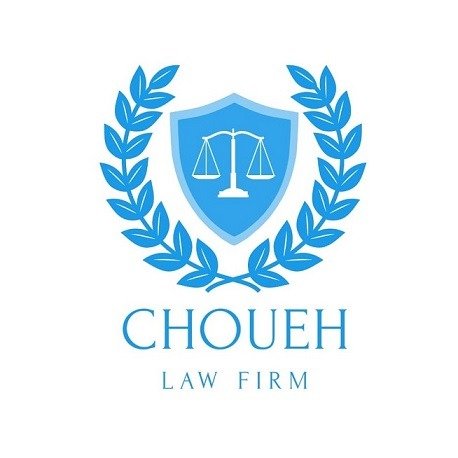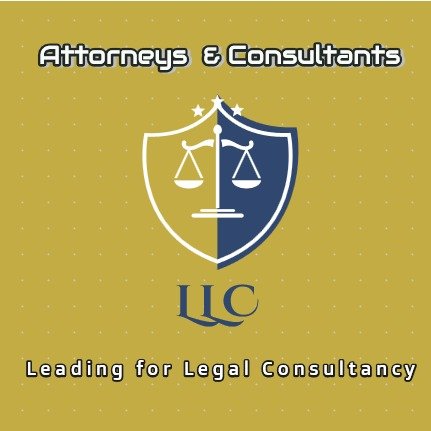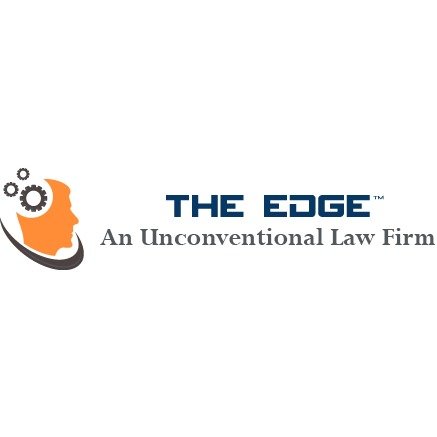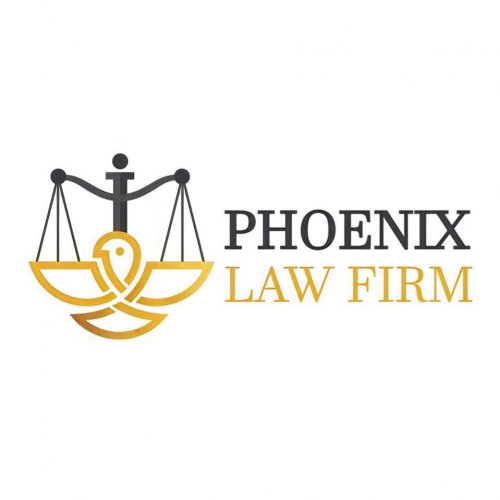Best Tax Increment Financing Lawyers in Lebanon
Share your needs with us, get contacted by law firms.
Free. Takes 2 min.
Or refine your search by selecting a city:
List of the best lawyers in Lebanon
About Tax Increment Financing Law in Lebanon
Tax Increment Financing (TIF) in Lebanon is a public financing method used to support community improvement projects, infrastructure, and development. TIF operates on the principle of capturing future increments in tax revenues resulting from increased property values and reinvesting them in the area to encourage further development. It is particularly useful for underdeveloped areas where immediate infrastructure upgrades are needed. The mechanism for implementing TIF is governed by local financial and municipal regulations, which frame how the increment funds are utilized.
Why You May Need a Lawyer
Seeking legal assistance in the realm of Tax Increment Financing in Lebanon might be essential in several situations. If you are a developer looking to initiate a TIF project, understanding the legal requirements and negotiating with local government bodies can be complex. Property owners within a TIF district may need guidance on how their taxes will be impacted. Additionally, municipalities that wish to establish TIF districts must navigate regulatory frameworks, which often involve detailed legal processes. A lawyer specializing in this field can ensure compliance with local laws, assist in negotiations, and help mitigate any potential legal conflicts that may arise.
Local Laws Overview
In Lebanon, the legislation surrounding Tax Increment Financing includes specific guidelines that dictate the eligibility and processes involved in establishing TIF districts. These laws typically cover the criteria for selecting TIF areas, the duration the TIF remains active, and how the increment revenues are calculated and used. Moreover, local regulations may require periodic reporting, auditing, and community engagement processes to ensure transparency and accountability. Understanding these key aspects is crucial for anyone involved in TIF projects.
Frequently Asked Questions
What is the purpose of Tax Increment Financing?
The purpose of Tax Increment Financing is to promote economic development by reinvesting future tax revenue increases into local infrastructure and development projects.
Who benefits from TIF projects?
Both local communities and developers benefit from TIF projects. Communities gain improved infrastructure and economic growth, while developers receive financial assistance for their projects.
How does TIF affect property taxes?
Property taxes may increase as property values rise due to development. However, the increment from these tax increases is used to fund the TIF projects, ideally benefiting the entire community.
What types of projects are typically funded by TIF?
Common projects funded by TIF include public infrastructure improvements like roads and utilities, redevelopment of underutilized areas, and construction of public amenities.
How is the increment revenue calculated?
The increment revenue is the difference between the property tax revenues after the development has taken place and the revenues before.
Are there limitations on how increment revenues can be used?
Yes, local laws specify that increment revenues must be used for public improvements and development purposes defined in the TIF plan, and not for non-designated uses.
Can TIF districts be challenged or revoked?
Yes, grounds for challenging a TIF district may include improper establishment procedures or misuse of funds. Legal processes would be required to address such challenges.
Do TIF projects require community approval or involvement?
Community involvement often forms part of the process, with various stages of public hearings and consultations mandated by local regulations.
What are the steps to establish a TIF district?
Establishing a TIF district involves conducting feasibility studies, drafting a proposal, gaining approval from municipal authorities, and engaging in public consultations.
Is legal counsel necessary for TIF projects?
While not mandatory, legal counsel is strongly recommended to navigate the complex regulatory framework and to ensure all legal requirements are met.
Additional Resources
For more information on Tax Increment Financing in Lebanon, individuals can reach out to local municipal offices, economic development agencies, or the Ministry of Finance. These entities often provide guidelines and additional reading materials that can be beneficial. Consulting with professional associations of urban planners or legal experts specializing in municipal finance can also provide valuable insights.
Next Steps
If you require legal assistance with Tax Increment Financing in Lebanon, consider reaching out to law firms specializing in municipal law or economic development. Schedule a consultation to discuss your specific needs and ensure that your interests are protected. It's wise to research and contact multiple professionals to find one with the right expertise and experience in the TIF sector. Preparing documentation related to your project or property in advance will also facilitate a more productive discussion.
Lawzana helps you find the best lawyers and law firms in Lebanon through a curated and pre-screened list of qualified legal professionals. Our platform offers rankings and detailed profiles of attorneys and law firms, allowing you to compare based on practice areas, including Tax Increment Financing, experience, and client feedback.
Each profile includes a description of the firm's areas of practice, client reviews, team members and partners, year of establishment, spoken languages, office locations, contact information, social media presence, and any published articles or resources. Most firms on our platform speak English and are experienced in both local and international legal matters.
Get a quote from top-rated law firms in Lebanon — quickly, securely, and without unnecessary hassle.
Disclaimer:
The information provided on this page is for general informational purposes only and does not constitute legal advice. While we strive to ensure the accuracy and relevance of the content, legal information may change over time, and interpretations of the law can vary. You should always consult with a qualified legal professional for advice specific to your situation.
We disclaim all liability for actions taken or not taken based on the content of this page. If you believe any information is incorrect or outdated, please contact us, and we will review and update it where appropriate.
Browse tax increment financing law firms by city in Lebanon
Refine your search by selecting a city.













